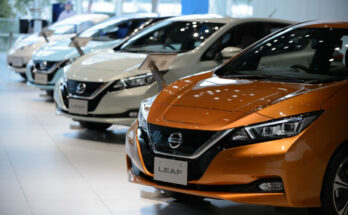As more Chinese electric vehicle (EV) manufacturers enter the Thai market, consumer mood improves as they have more model options to select from, but it also puts a test on their brand loyalty.
Related: GWM ORA Grand Cat Previewed in Thailand
Thai people have a long-standing passion for automobiles made by Japanese and European automakers and are always willing to purchase their products. But when it comes to the transition from internal combustion engines to battery-powered automobiles, it’s still unclear whether consumers will choose well-known brands or go with Chinese competitors.
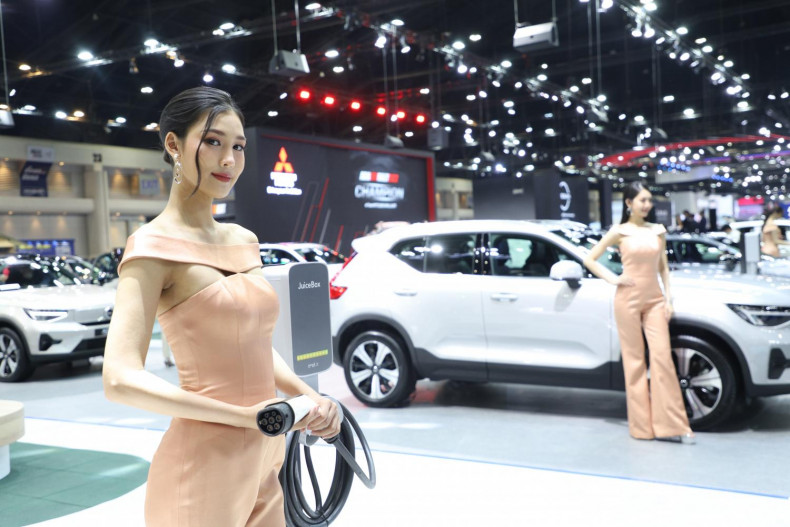
Chinese automakers including GWM, Hozon Auto, MG, BYD, and DFSK debuted their EVs in Thailand for less money than their international rivals. For both domestic and international sales, these Chinese automakers are also eager to assemble automobiles and batteries in Thailand. Even more, some Chinese automakers promised to assist the Thai government in making Thailand an EV hub for the ASEAN market. According to Surapong Paisitpatanapong, the vice-chairman and spokesman for the Federation of Thai Industries’ Automotive Industry Club:
“Chinese automakers like Great Wall Motor [GWM], MG and BYD have already announced plans to invest in Thailand and join the government in making Thailand a regional center for EV sales and exports.”
Surapong went on to add that although Chinese car brands are less known than their rivals for traditional (ICE) car models, but if they can meet the needs of EV buyers [in Thailand] there is plenty of room for these Chinese brands to grow & expand in the Thai market.
Related: NETA V EV Launched in Thailand
Chinese EVs are raising concerns among traditional carmakers about securing market share in the sector and escalating rivalry across the automobile industry. According to Pitaya Tanadamrongsak, managing director of EV Primus, the distributor of China’s second-largest automaker DFSK:
“Buyers may still have brand loyalty for oil-powered automobiles, but they are prepared to explore new possibilities and readily hop over existing brand walls in the EV category.”
In terms of numbers, during the 12-day Bangkok International Motor Show held in March and April last year, EV bookings in Thailand increased by 10% to 2,040 units. Then at the Thailand International Motor Expo, held at the end of 2022, bookings for EVs tallied 5,800 cars, making up 15% of the total 36,679 car bookings, according to the organizers of the event.
The Price Factor
European and Japanese carmakers also offer premium EVs in their portfolio, but their prices are usually quite higher than the Chinese brands. Analysts believe these European and Japanese automakers are reluctant to reduce their prices as this could mean they lower their brand positions.
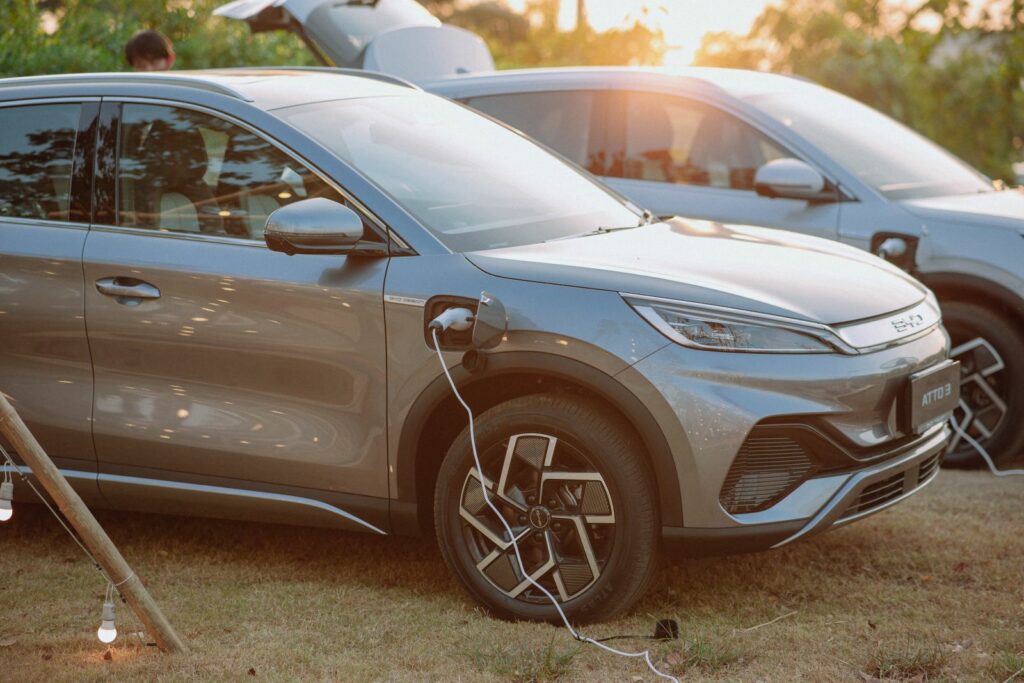
While European and Japanese EVs are only targeting the pricier segment of the market, Chinese EVs have a range of prices to satisfy different groups of customers, from buyers with small budgets to those ready to own a car worth more than a million baht.
Fewer Worries, Greater Excitement!
EVs are relatively more expensive than comparable ICE vehicles. But expensive costs and a lack of EV charging stations do not appear to be buyers’ top worries. Even though some EVs in Thailand cost more than one million baht, buyers who are interested in EVs do not pay much attention to prices, since these people are passionate about new smarter technologies and are more concerned about the environment, according to Mr. Surapong.
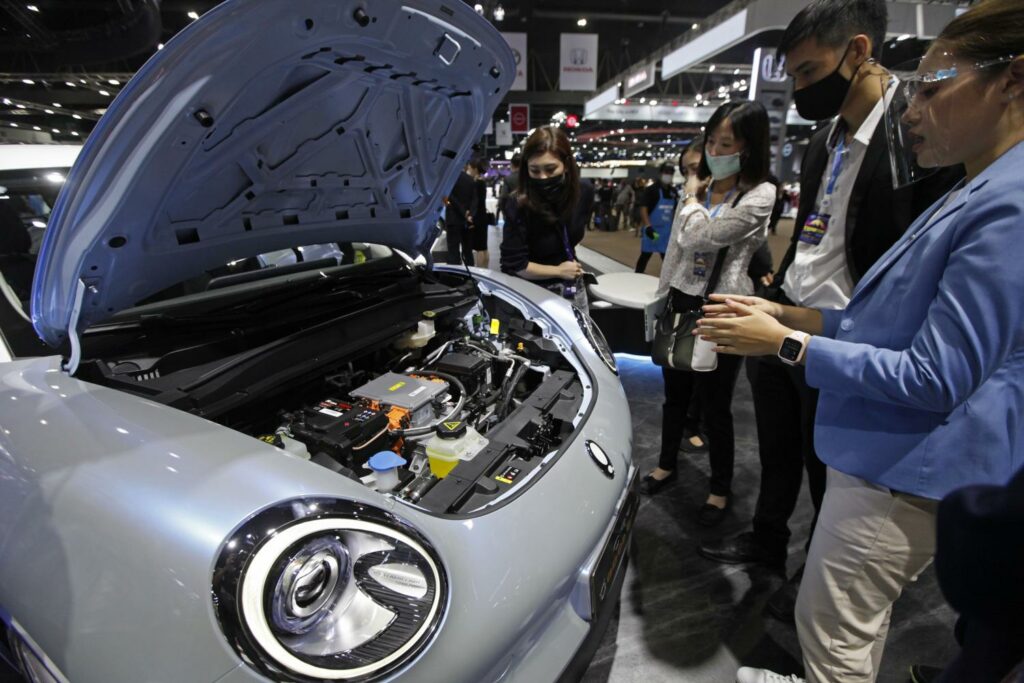
In addition to the advantage of fuel consumption & environment, the EVs come loaded with technology, the latest equipment, greater safety, and bring plenty of convenience features on the menu.
Thai Government is Trying to Make EVs More Affordable
The government of Thailand is attempting to make EVs more accessible to purchasers with limited budgets by providing incentive packages. The cabinet adopted a set of incentives last year, including tax breaks and subsidies, to encourage EV manufacturing and sales between 2022 and 2023.
Related: 12-Hour Musical Function in Thailand Powered by BYD Atto 3
Depending on the make and model of the car, the subsidies range from 70,000 to 150,000 baht. Plus there are lower excise taxes and import duties on completely knocked-down and completely built-up units. Furthermore, more charging stations are being built, which should allay the worries of long-distance drivers in terms of EV infrastructure.
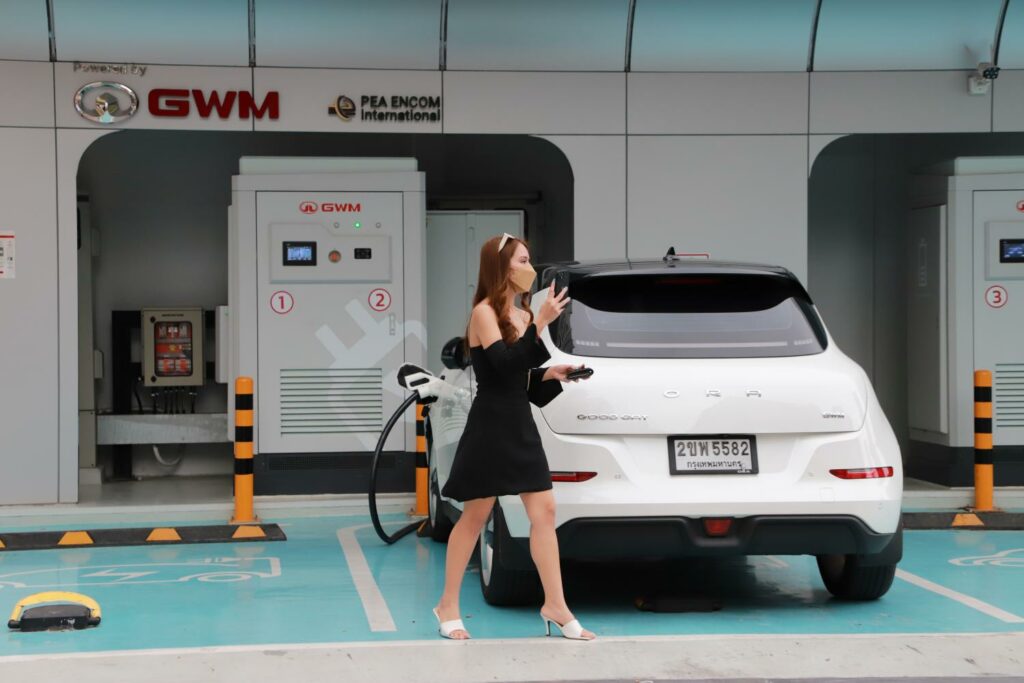
Surapong said in the near future, EV owners in Thailand are not going to worry about charging stations as their numbers are steadily growing, with new facilities being built at petrol stations, shopping malls, condominiums, and housing estates.

A computer animation professional with over 23 years of industry experience having served in leading organizations, TV channels & production facilities in Pakistan. An avid car enthusiast and petrolhead with an affection to deliver quality content to help shape opinions. Formerly written for PakWheels as well as major publications including Dawn. Founder of CarSpiritPK.com



